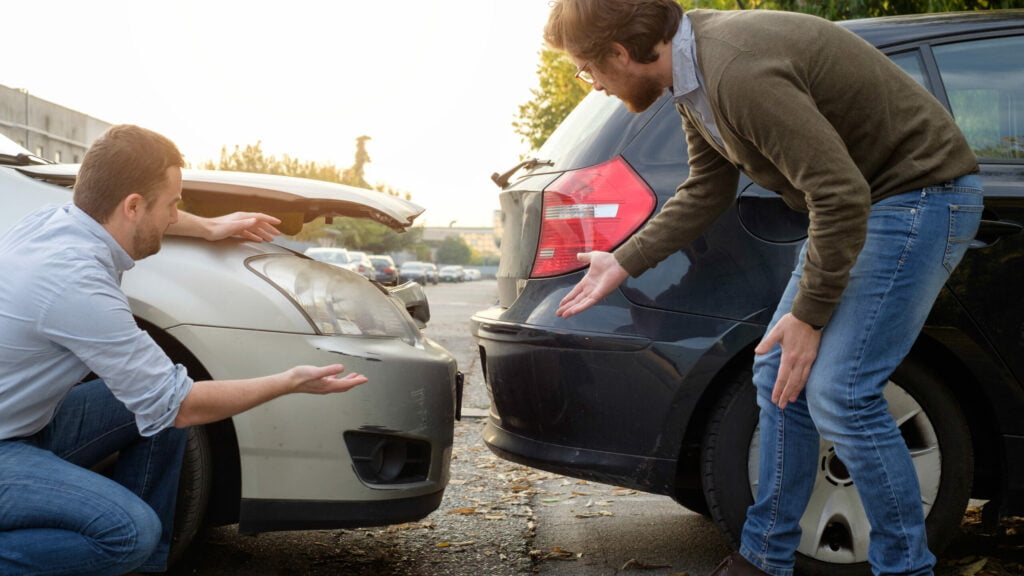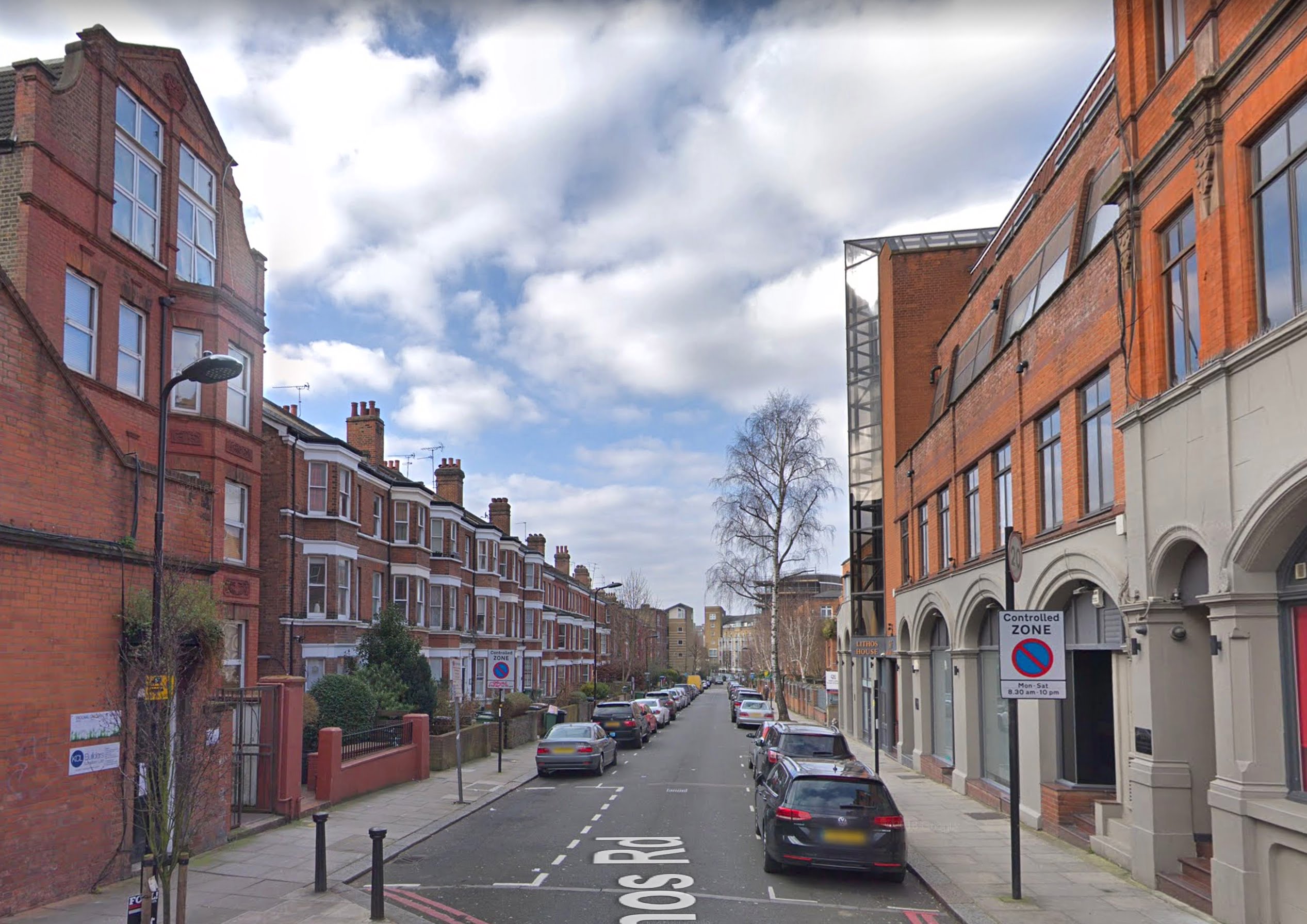
Navigating the aftermath of a rear-end collision can be a confusing and stressful process, particularly when it comes to determining liability. The beautiful state of Florida sees its fair share of such accidents, but who is really to blame? According to NHTSA reports, these types of collisions are among the most common type in the country, comprising approximately 29% of all car crashes. If you are involved in one of these types of accidents, it’s in your best interest to understand who is liable. You don’t want to make assumptions and miss possible compensation.
Understanding Rear-end Collisions
A rear-end accident can occur for a myriad of reasons, ranging from distraction to negligence. Texting on the phone, finishing breakfast, and fixing make-up can all be distracting activities for drivers. Speeding also makes it harder to stop promptly. In most cases involving rear ends, the fault lies with the driver of the vehicle in the back, as the driver is responsible for maintaining a reasonable distance behind other cars to be able to break on time. However, this doesn’t always mean the driver in the back is solely to blame. For instance, suddenly hitting the brakes can cause the driver behind to not have enough time to react and stop, resulting in a collision.
Who is Liable in Florida?
Rear-end crashes are usually associated with the concept of negligence. This means that someone “failed to use reasonable care” and because of this failure, another person suffered harm. However, it’s worth noting that since Florida is a “no-fault” state, it is often the responsibility of each person’s auto insurer to cover their respective medical bills and property damage up to their policy limits. Even so, motorists in this state may still be held liable if their actions are deemed to be especially reckless. If the driver is judged to have been grossly negligent, then they may be sued by the other party in civil court and required to pay for damages out-of-pocket. When determining who was negligent, the court will look to see if the person driving the vehicle is responsible for causing the collision fell below what a “reasonable person in similar circumstances” would have done.
Damages & Compensation
As mentioned earlier, there could be some exceptions where the driver who was behind may not be held at fault, such as when a car ahead made a sudden stop, or if they can prove that the lead vehicle’s brake lights were not functioning correctly. Often, the court will look at factors such as speed, whether the driver was distracted, and other elements that may have contributed to the crash. When it’s time to assign damages, Florida abides by comparative negligence law, meaning that any party recovers damages, even if one of them is technically at fault. Still, the amount of recovery is reduced by the specific calculations from the accident.
Conclusion
When it comes to determining liability in most rear-ended accidents, several factors may come into play. Engaging a qualified attorney is the best way to ensure that you receive the compensation you deserve. Starting with insurance claims, establishing negligence, and ultimately filing a lawsuit, an experienced lawyer can help you navigate the process and ensure that your rights are protected. Your attorney will review your case and see what the possible outcomes are. Having a trusted legal professional on your side can make all the difference.








